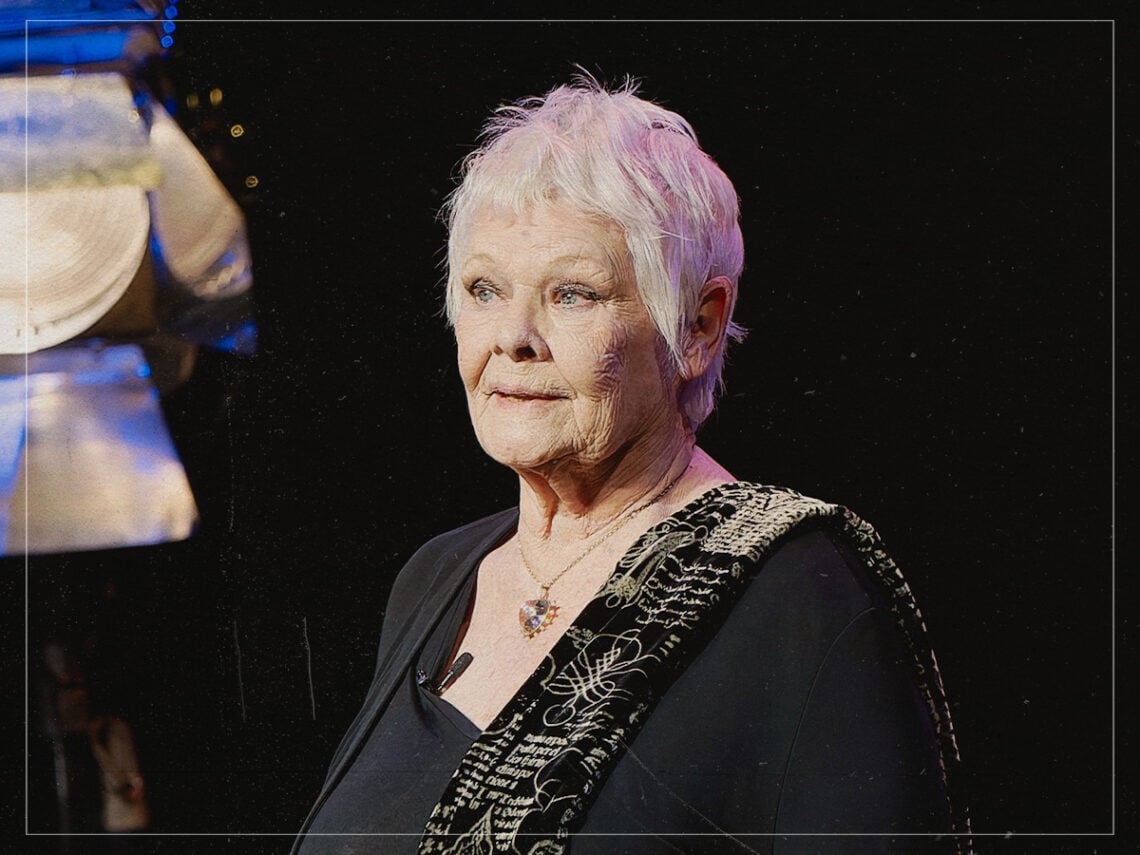
(Credits: Far Out / Raph_PH)
Judi Dench is no stranger to speaking her mind when she feels the need to advocate for a person, cause, or truth. Now, a controversial television show has drawn her criticism over its inaccurate portrayal of real individuals and historical events.
Dame Judi Dench is widely considered one of Britain’s greatest actors. With a career spanning seven decades and traversing theatre, film, and television, she is exceptionally lauded for her talent and skill and sometimes described as a national treasure. Her work in theatre is especially known: she worked extensively for both the National Theatre Company and the Royal Shakespeare Company, as well as appearing in film adaptations of the Shakespeare’s work. She had enduring television roles in shows including A Fine Romance and As Time Goes By. She also notably gained film prominence through her acting in the James Bond franchise.
Today, Dench is mostly retired, having indicated that she may not be able to act again due to her worsening eyesight – she suffers from age-related macular degeneration. However, her mind is as sharp as ever and she is willing to call out directorial decisions and screen products that she believes cross an ethical line.
It is in this context that Dench has criticised the television series The Crown. The Crown is an historical drama about the reign of Queen Elizabeth II, created and principally written by Peter Morgan and produced for Netflix. The series follows the lives of British royal family members, from the marriage of Queen Elizabeth II to Philip, Duke of Edinburgh in 1947, right up until the early 21st century.
Composed of six seasons, the show aired between 2016 and 2023 and divided opinion. It has been praised by television critics for its acting, directing, writing, casting, cinematography, and production value. Yet it has also been substantially criticised for its inconsistent dedication to historical accuracy, with the latter half of the series coming especially under fire for its depiction of real-life people and events.
One decision in particular drew Dench’s ire. One of the episodes includes a scene depicting a plot to oust Queen Elizabeth II. The problem, however, is that there is no evidence that such a plot ever existed.
Retired politician Sir John Major has gone so far as to call the scene “a barrel-load of malicious nonsense,” and Dench is among the public figures who has concurred with this statement. She described the scene as “inaccurate and hurtful.”
Defenders of The Crown argue that as a television product created primarily for entertainment and not purporting to be a documentary, the series has a licence to modify truth here and there for dramatic effect. Critics, however, are not convinced by this argument. The Crown is taken by many viewers to be representative of true events, and there is a genuine risk that whatever is depicted on the show will come to be deemed true in collective public memory. The show, therefore, has a responsibility both to its viewers and the real people it is portraying, critics argue, to represent reality in good faith.
In what is sometimes described as the golden age of television, it is easy to see why people writing for television might feel the need to create the most gripping and entertaining show possible – so as to stand out in an already crowded field. Mixing historical accuracy with sensationalism and fantasy, however, may not create the lasting positive effect they are looking for.
Related Topics
